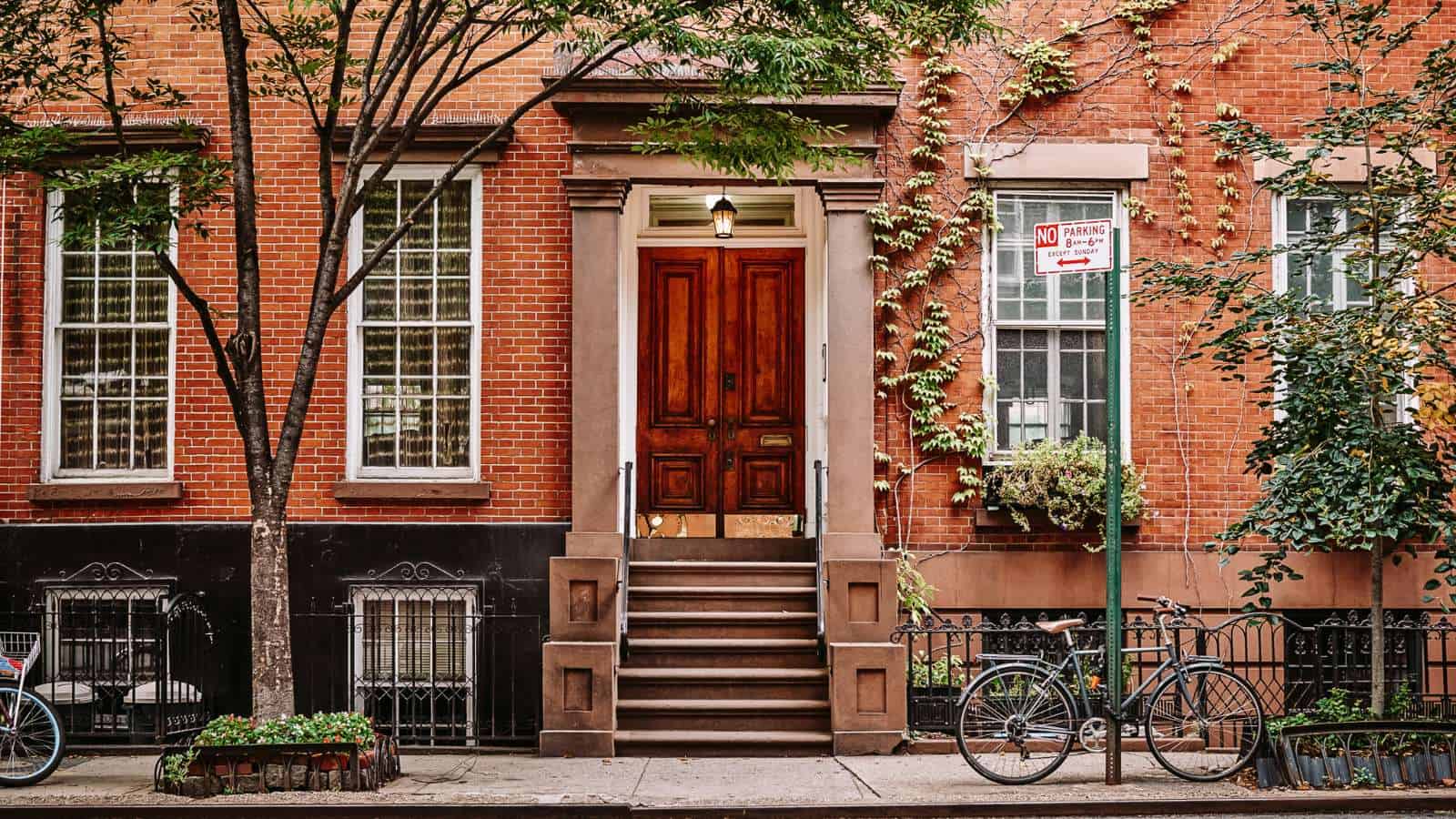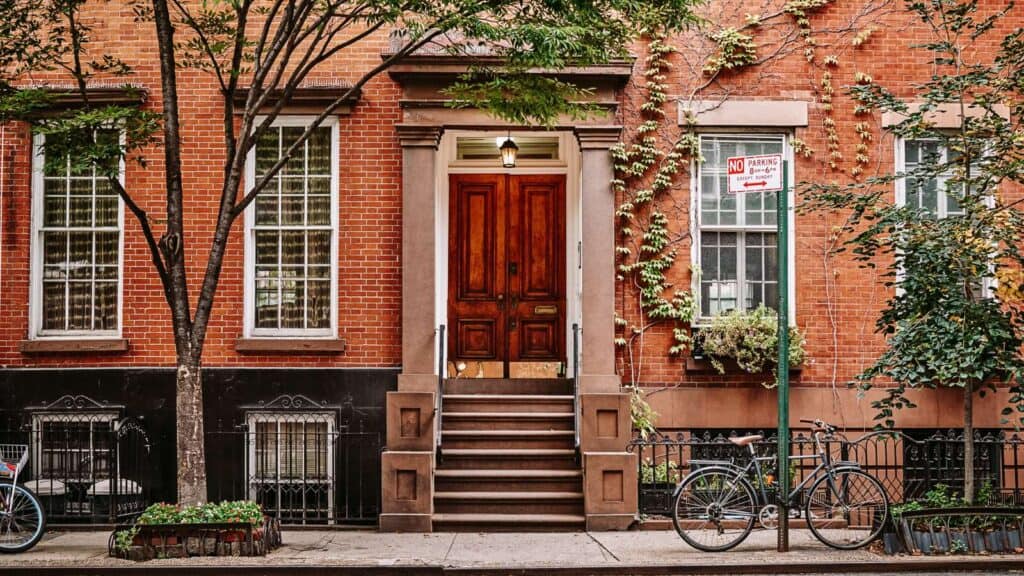Americans Are the Least Content in Over a Decade — Here’s What’s Driving the Decline
All recommendations on World Wild Schooling are independently selected by our editors. We may earn an affiliate commission from purchases made through our links.
According to Gallup’s Mood of the Nation poll this year, only 47% of Americans are satisfied with their lives, a level of dissatisfaction not seen since 2008 and 2011 with 47% and 46% respectively. Alarmingly, 11% are dissatisfied, while 9% claim they are very dissatisfied with their current lives. This marks only the third time since 2002 that national life satisfaction has dropped below 50%.
The survey was conducted between January 2 and 22 and also captured the participants’ demographics, including annual household income, marital status, and age. Several factors fuel this discontent, from rising food costs to a lack of housing opportunities. Below, we explore the trends behind why American life satisfaction was so low in 2024.
Swipe and Vote: See What Travelers Recommend
Life satisfaction is at an all-time low. What’s bringing your vibe down the most? Be honest, we’re all struggling here.
This is a swiper quiz, swipe right for yes, swipe left for no.
 © Home-stock / Adobe Stock
© Home-stock / Adobe Stock
 © Peresanz / Adobe Stock
© Peresanz / Adobe Stock
 © Khaohom Mali / Adobe Stock
© Khaohom Mali / Adobe Stock
 © Brian Goodman / Shutterstock
© Brian Goodman / Shutterstock

Results
 1
1
 2
2
 3
3
 4
4
 5
5
🎧 Listen Instead: Your Article in Podcast
Enjoy this article in podcast form—perfect for staying informed or listening on the go.
Weaker Economy

Many respondents said the economy was a major reason for their lack of life satisfaction. In previous years, Americans were less satisfied with their lives during economic downturns and uncertainty.
In 2011, respondents reported 46% satisfaction when the US was just getting out of the recession of 2007-2009. In the middle of the economic recession in 2008, people reported 47% satisfaction. This year, the trend continues as inflation and prices rise.
The poll shows that higher satisfaction rates coincide with economic upturns from 2003 to 2007 and 2017 to 2020. The highest satisfaction rate was 65% in January 2020, just before the pandemic. Prices were lower, and many people could afford a home.
Read also: Happiest U.S. States
High Costs

High costs are another reason life satisfaction among Americans has taken a hit this year. These extra costs, including food and transportation, mean fewer people can dine out and travel, even though studies show that traveling increases life satisfaction and happiness.
These higher prices have also made it harder to dine out and socialize. Many Americans are staying inside because of the high food costs in restaurants. For some people, this has led to less socialization, often linked to longevity and happiness.
Since 2021, gas prices have remained over $3 a gallon, making it harder for most people to fill their tanks. Even road trips, the most beloved American travel experience, are taking a sideline.
Read also: States with the Lowest Happiness Rankings
Housing Prices

Housing prices are directly impacting Americans’ life satisfaction. Fewer Americans can afford a home than in the past, and many people are postponing or giving up on their dreams of owning a home.
High rental prices, food, and other expenses mean that most people can’t save enough for a future down payment. Moreover, the housing price index has more than quadrupled since 1991. This has made it harder for average working Americans to buy a home.
Younger generations of Americans are now less likely to afford a home than their parents’ generations. According to the Gallup poll, even Americans making over $100,000 a year have experienced a 5% drop in satisfaction since 2023. This trend signals that even potential homeowners feel the pressures of economic constraints.
Read also: Safest States in the U.S.
Life Satisfaction Has Fallen Since the Pandemic

Since the pandemic, life satisfaction among Americans has dropped significantly. In 2020, life satisfaction reached 65%, the highest since the Gallup poll on life satisfaction was established. After the pandemic, the poll showed a dramatic fall to 51%.
Since the pandemic, that trend has continued downward. In 2022, life satisfaction was 51%, and in 2023, down again to 50%. This year, it dropped three percentage points to 47%.
The pandemic caused many businesses to close, forcing the US economy into a steady downturn. This has made it difficult for many sectors of society to bounce back, especially the middle and lower classes. As the damage of the pandemic wears off, only time can tell if economic relief is coming.
Read also: Most Secure Cities in the US
The Upper Classes Are Registering as Happier

Even though there was a noticeable drop in life satisfaction among Americans, some demographics reported being more satisfied. These groups are among the 16% who said they were extremely satisfied with their lives.
58% of people earning more than 100,000 annually are satisfied with their lives. Although this is five percentage points lower than 2023’s 63%, it’s still significantly higher than other indices.
Read also: Wealthiest States in the U.S.
People With Religious Affiliation Claim More Satisfaction

Save this
In the survey, 56% of Americans who attend religious services regularly reported being satisfied with their lives. Regardless of religion, people who attend religious events and groups report being happier.
Research suggests that a major reason for this is the sense of community. The sense of belonging and socialization among religious people tends to overpower other health factors. Many of the world’s longest-living regions have strong religious affiliations.
Read also: America’s Most Sustainable Urban Hubs
College Degrees Matter

College graduates also reported 54% life satisfaction compared to 42% for non-college-educated Americans. Americans with a college education can often demand higher wages and better jobs.
The largest group to suffer from the post-pandemic economy have been the lower and middle classes. Within this group, people without a college education often take lower-paying jobs, leading to fewer opportunities. College education gives many Americans the boost they need to earn more.
Read also: Most Livable Cities in the USA
Political Affiliation Matters

Political affiliation showed a significant difference in life satisfaction. This largely reflects who is in office at the time of the polls.
The study shows that 52% of Democrats are satisfied with their lives. On the contrary, 46% of Republicans and only 44% of independents are happy with their lives.
Since 2023, Republicans have reported a 10% drop in satisfaction, while independents reported a 4% drop. Democrats, on the other hand, reported a 5% increase in life satisfaction, the highest among all groups.
Read also: Most Expensive Places to Call Home in America
Older Americans Are Happier

The Gallup poll shows older Americans are more satisfied with their lives. 51% of Americans aged 55 and older reported high levels of life satisfaction.
Only 47% of Americans aged 35 to 54 reported being happy with their personal lives, and only 41% of 18-to-34-year-olds were satisfied.
This trend could be related to economic security, lack of savings, and high housing costs. Young Americans are having trouble affording the comforts older Americans can enjoy. For younger generations, the future may seem less bright than the past.
Read also: Countries with the Longest Life Expectancy
The Biggest Jump Is Marital Status

Marital status showed the biggest difference in satisfaction. Married individuals reported 57% satisfaction, while only 38% of non-married Americans responded favorably.
This difference of 19 percentage points was the most extreme between the demographic markers. Studies have long cited marriage as a marker of overall happiness and life satisfaction.
In 2023’s poll, 62% of married Americans reported being satisfied with their lives. This was compared to only 41% of non-married, putting 2023’s difference at 21 percentage points. This year, marriage continues to be the most significant demographic marker of life happiness in the country.
Read also: Countries That Offer Unmatched Quality of Life
Overall Trends and the Future

This year’s Gallup poll again showed that Americans are less likely to be satisfied with their lives since the pandemic. Since 2011’s low point, life satisfaction has remained above 50%, although barely in some years.
Since the end of the pandemic, the effects of inflation, rising housing prices, and rising gas prices have driven life satisfaction down. Fewer Americans can afford housing, travel, and eating out.
Although demographics such as married individuals, people over 55, and the religious reported being happier, the trend is still downward. We’ll have to wait and see until 2025’s poll if there is any relief or if Americans continue to be less satisfied with their lives.
Read also: World’s Happiest Nations
Pin It Now, Read It Later











